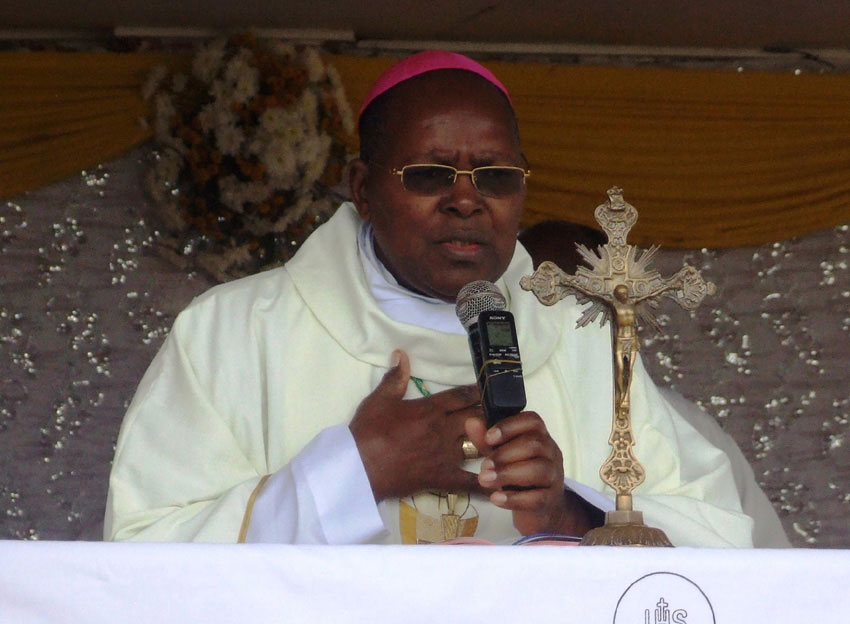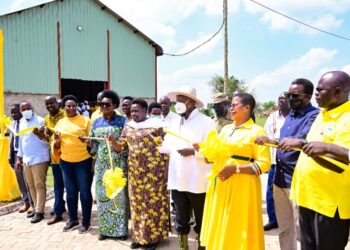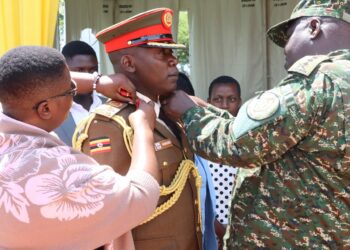The ‘sudden’ cracks on the Source of New Nile Bridge were a result of lack of bonding between the water proofing materials and asphalt used.
According to the Uganda National Roads Authority (UNRA) project engineer, Morris Odru Odoch, the cracks and rutting were observed on October 20 2018, having opened to traffic on 17 October 2018.
“Due to lack of bond, the asphalt surface was unable to withstand the shearing force of the passage of traffic,” Odoch told Members of Parliament on the Committee on Physical Infrastructure.
The legislators were this week in Jinja to assess the state of the Source of New Nile Bridge following reports that it was under repair a few months after it was opened for utilisation.
Odoch however, assured members that the bridge in itself has no defects save for the cracked outer layer which he said has been replaced.
“The main bridge structure has been designed for a period of 120 years and no single defect has been detected,” he said.
The legislators led by the committee chairperson Kafeero Ssekitoleko criticized UNRA’s management of the bridge and wondered whether it is safe for use by motorists and pedestrians.
According to parliament.go.ug, the MPs were unhappy to discover that the alleged reports citing cracks and rutting of the bridge are indeed true.
MPs did not buy UNRA’s assurances on the bridge’s safety and demanded proof on the safety of the main bridge.
“I am not sure if Ugandans are safe on this bridge; you cannot build a modern bridge and tell me that even after doing the design, you don’t have baseline data to monitor the bridge. I need the proof that even the concrete structure of the bridge is safe,” said Richard Othieno Okoth, MP West Budama.
MPs were equally displeased to learn that material testing is ongoing even when the bridge is under use.
Kamuli Municipality MP Watongola Rehema also asked UNRA to explain the accidents registered on the bridge, a few months after it was opened.
The US$132 million (Shs350 billion) contract is majorly funded by a concessional loan from the Japanese Government through the Japanese International Cooperation Agency (JICA).
Do you have a story in your community or an opinion to share with us: Email us at editorial@watchdoguganda.com










